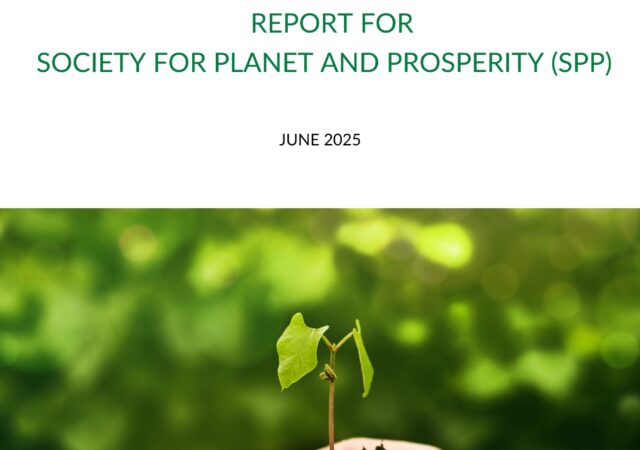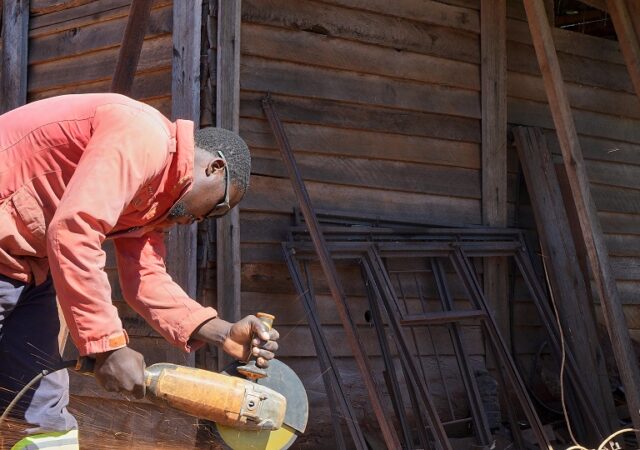Oilinvest has announced a collaboration with the Libyan Public Services Company (LPSC) for the forestation of 1,000,000 trees such as Eucalyptus and pines in Tripoli, Libya.
The project will be implemented on 1,450 hectares of land owned by LPSC in the capital city, home of 3 million people.
This collaboration aims to generate carbon credits to contribute to Oilinvest’s commitment to climate change mitigation and at the same time combat the adverse effects of deforestation and desertification.
Oilinvest aims to become a net-zero emissions energy company to limit temperature increases to below 1.5°C by 2050 as outlined in the Paris Accord.
Headquartered in The Hague, the Group owns and operates its own refinery and various large storage, blending and loading facilities. It operates more than 2,400 service stations and annually markets in excess of 10 million tons of fuel products. Through its portfolio, the Oilinvest Group supplies, trades, refines, and markets petroleum products in 5 European territories: Germany, Italy, The Netherlands, Spain, and Switzerland.
David Pezzulli, Director of Strategy for the Oilinvest Group, expressed enthusiasm about this collaboration, stating: “Our collaboration with the LPSC underscores our unwavering commitment to sustainable practices and environmental responsibility. We invest in modern technologies and implement innovative solutions to minimize our Carbon footprint. Investing in nature-based projects, such as this, capture remaining emissions and provide Carbon Credits in the process.”
Mohamed Ismael, Head of LPSC, welcomed Oilinvest’s initiative stating: “we are pleased to have Oilinvest support our National Reforestation Campaign under the auspices of Prime Minister Abdulhamid Dbeibeh. Mr Isamael added, “tree cutting, neglecting their cultivation, and urban development are considered among one of the most significant reasons for the scarcity of rainfall and desertification, which are urgent environmental issues. This project will play a decisive role in confronting these challenges and restoring a vibrant, life-sustaining ecosystem.”
The project will commence in Q1, 2024 on an initial area of 450 Hectares which is being fitted with an irrigation system and will continue in stages to cover the remaining 1,000 Hectares. Once completed and fully grown, it is estimated that 1 million trees can absorb more than 10 million kilograms of CO2 per year.







